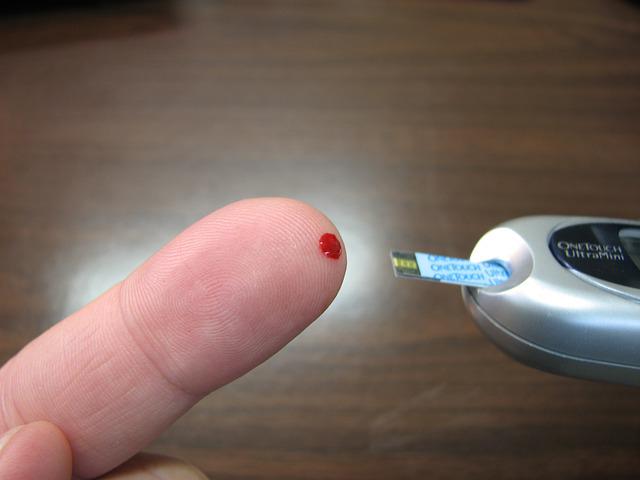Glucose-lowering GLP-1 peptide is synthesized in the intestines. Glucagon-like peptide 1 has been shown to enhance heart, lung, and liver health and slow the progression of Alzheimer’s disease. This peptide, also known as Liraglutide, has reduced hunger by lowering intestinal motility and delaying stomach emptying in animal studies.
GLP-1 peptide I is now studied for its role in hunger suppression and the prevention and treatment of type 2 diabetes. Nonetheless, there is a lot of curiosity about its possible cardiovascular consequences. Another topic of study for scientists is whether the GLP-1 hormone might protect against neurodegenerative illnesses like Alzheimer’s.
You can find GLP-1 for sale online for research purposes only if you are a researcher.
What does GLP 1 stand for?
GLP-1 is a 30-31-amino acid peptide that occurs naturally in the human body. Increased insulin production is a primary role of Glp-1 in lowering blood sugar levels. The insulin gene transcription is aided as a result, as is the storage of insulin in beta cells. According to a study on animals, GLP 1 may reduce hunger and enhance the health of the cardiovascular and respiratory systems.
Glucagon is a polypeptide synthesized from pre-proglucagon, and GLP1 is part of the incretin family of hormones. These hormones are referred to be “glucagon-like” since they have many common characteristics with each other.
GLC-1 peptide is mainly derived from tiny intestinal cells known as L-cells. It is also produced by the pancreas and central nervous system, albeit at considerably lower levels.
GLP 1’s Functions
Blood sugar levels and hunger are controlled by the hormone Humice GLP. As shown in animal studies, these are the primary mechanisms it uses to regulate blood sugar levels.
- Digestion is slowed as a result. This method slows the release of nutrients from meals, reducing a spike in blood sugar after a meal.
- Enhances the synthesis of insulin. When the blood sugar rises from eating, the body can produce more insulin with the help of GLP-1.
- Prevent the blood sugar level from becoming too high. GLP-1 RAs slow down the liver’s release of sugar.
Agonists for GLP-1
GLP peptide has received a lot of scientific interest because of its role in regulating blood sugar levels. Experts created GLP-1 agonists because of this. People with Type 2 diabetes are often prescribed this medicine by their physicians.
What are GLP-1’s Benefits
Diabetes
GLP-1 diabetes has a significant influence on the pancreas. For the incretin effect to work, scientists say mice have glucagon-like peptides. This group of hormones is responsible for lowering blood glucose levels in the body. Although both GIP and GLP-1 play a role, GLP-1 is the more effective, mainly when blood glucose levels are high.
A GLP-1 receptor has been discovered on the surface of beta cells in the pancreas, demonstrating that the peptide directly promotes insulin release from the pancreas. In further investigations, GLP 1 and sulfonylurea medications have increased insulin production sufficiently to cause moderate hypoglycemia.
Weigh-Reduction
In a study, researchers used weight loss pills for mice to reduce their hunger and encourage fat reduction. Due to a lack of clinical studies, it is currently not FDA-approved and should only be used in medical research. Nonetheless, the involvement of GLP-1 in weight reduction is intriguing.
According to mice studies, when GLP-1 was administered to mice, they ate less food. It may increase satiety and help subjects avoid overeating.
Brain
According to studies, neurodegenerative illnesses such as Alzheimer’s and Parkinson’s may be protected against by the GLP-1 hormone peptide. GLP-1 has been shown to increase spatial and associative learning in mice with gene abnormalities, according to new research.
Research in mice shows that GLP-1 treatment may protect neurons from excitotoxic injury and even boost neurite outgrowth in cultured cells. Scientists want to learn more about how GLP-1 impacts neurogenerative diseases and whether or not it can halt or reverse them with more studies.
